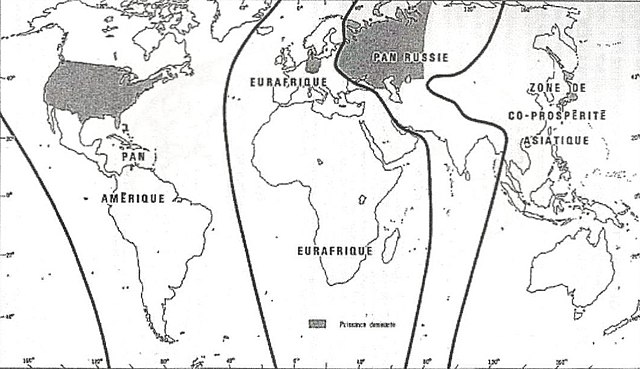Infinite photos and videos for every Wiki article ·
Find something interesting to watch in seconds
Celebrities
Ancient Marvels
Wonders of Nature
Richest US Counties
Supercars
Wars and Battles
Famous Castles
World Banknotes
Crown Jewels
Recovered Treasures
Presidents
Orders and Medals
Great Artists
Rare Coins
Great Museums
Animals
Largest Empires
Tallest Buildings
Kings of France
History by Country
British Monarchs
Largest Palaces
Countries of the World
Best Campuses
Great Cities
Sports
more top lists


